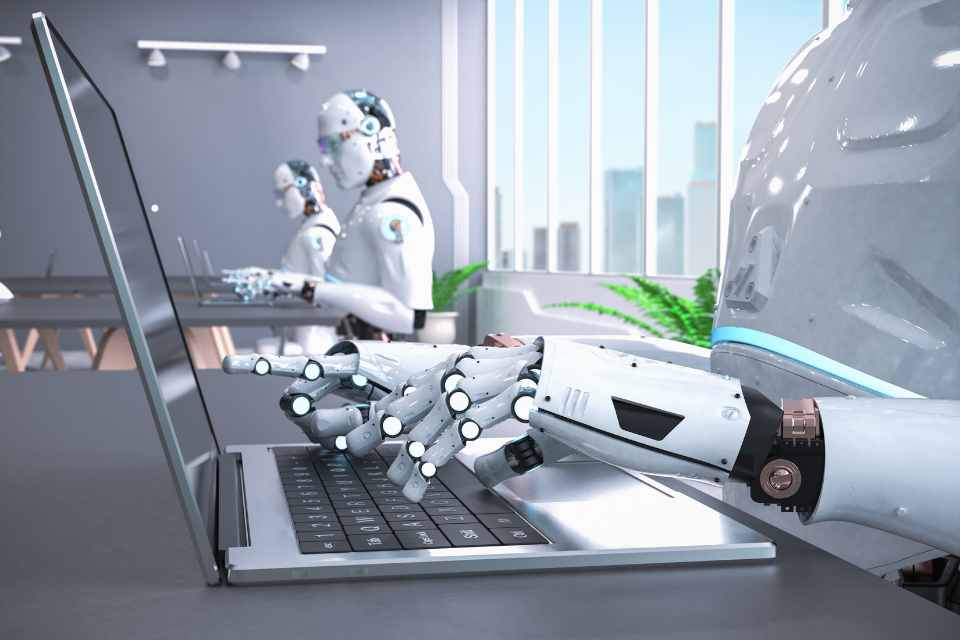The accounting industry has undergone a dramatic transformation, thanks to rapid technological developments. From streamlining mundane tasks to providing real-time financial insights, technology has revolutionized accountants’ work. In this blog post, we’ll examine its significant influence and how it has transformed the accounting profession.
Automation of Routine Tasks
Long gone are the days when accountants were bogged down with paperwork and tedious manual calculations, relying on spreadsheets for every calculation they needed to do themselves. Thanks to technology, routine tasks such as data entry, reconciliations, and report generation can now be automated so accountants can spend their time on more value-adding activities such as bookkeeping software which quickly records transactions, categorize expenses, and generates financial statements while saving them significant time and effort in doing so.
Cloud Computing and Collaborative Tools
Cloud computing has revolutionized how accounting firms operate. By using cloud-based accounting software, businesses can securely store their financial data that’s accessible from anywhere at any time – as well as enable real-time collaboration among accountants, business owners, and stakeholders to improve efficiency and accuracy while increasing scalability for future growth of their operations. Lastly, cloud solutions offer enhanced data security, regular backups, and easy scalability, providing continuity and growth to their firm’s operations.
Data Analytics and Business Insights
Technology has provided accountants with a powerful tool for extracting insights from vast amounts of financial data. Modern data analytics tools enable professionals to spot trends, identify patterns, and make informed decisions based on this insight. Using big data to provide strategic guidance to businesses, optimize performance and predict outcomes is another powerful strategy employed by accountants – real-time dashboards and customizable reports allow for improved financial planning, risk management, and overall business performance.
AI and Machine Learning
Artificial Intelligence (AI) and Machine Learning (ML) algorithms are revolutionizing the accounting industry. These technologies can perform complex calculations with accuracy, detect anomalies, flag potential errors quickly, provide chatbot-powered support to clients answering frequently asked queries, as well as predict future trends based on historical financial data to aid accountants with making accurate forecasts and projections.
Integration of Technology Enhances Security and Fraud Detection
Technology’s introduction into accounting has greatly strengthened security measures and fraud detection capabilities, with encryption techniques, multi-factor authentication systems, secure cloud storage systems, and artificial intelligence (AI) algorithms offering additional safeguards against unwarranted access to sensitive financial data. Moreover, AI algorithms are now capable of analyzing transactions to detect any suspicious patterns or potentially fraudulent activities and alert authorities immediately for timely intervention and risk reduction measures.
Conclusion
Technology has quickly become an indispensable asset to accountants, revolutionizing traditional practices while empowering accountants to offer more value-added services. Automation, cloud computing, data analytics, AI and enhanced security measures have significantly transformed accounting firms – increasing efficiency, accuracy, and decision-making capabilities while decreasing operational expenses. Embracing technology has become both accessible and essential for accountants as they seek new opportunities while realizing sustainable growth in this digital era.


